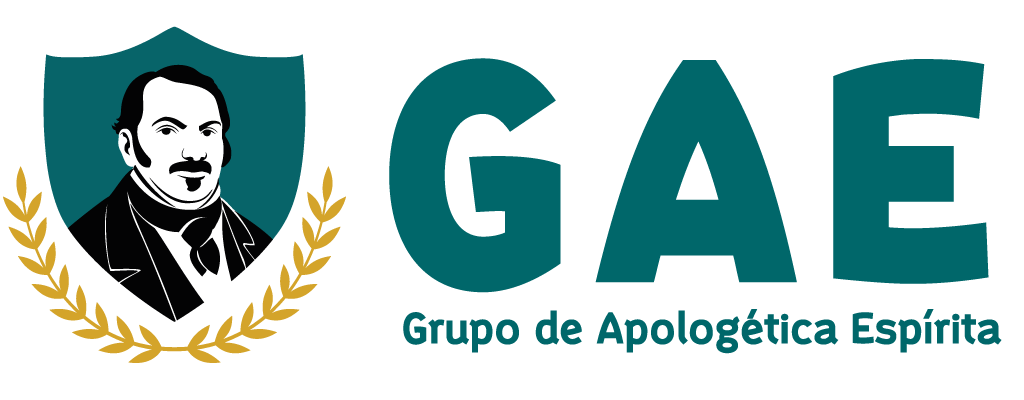|
Getting your Trinity Audio player ready...
|
Resumo: O texto argumenta que o Espiritismo, através da obra “O Evangelho Segundo o Espiritismo” de Kardec, não apresenta um “outro evangelho” contrário ao Cristianismo, mas sim uma interpretação moral universal dos ensinamentos de Jesus. Ele destaca a ênfase espírita na liberdade de consciência e no respeito a outras religiões, contrastando-a com a intolerância religiosa percebida em outras denominações cristãs. Kardec utilizou uma tradução bíblica francesa já existente, não criando uma “Bíblia espírita”. O texto busca refutar acusações de apresentar um evangelho diferente, enfatizando que o objetivo é aplicar os ensinamentos morais de Jesus à vida diária, utilizando-se de textos bíblicos e comunicações mediúnicas para esclarecimento. Finalmente, o texto afirma a crença na superioridade da verdade sobre qualquer diatribe.
Palavras-chaves: Espiritismo, interpretação moral, liberdade de consciência, respeito religioso, ensinamentos de Jesus.
Summary: The text argues that Spiritism, through Kardec’s work “The Gospel According to Spiritism”, does not present “another gospel” contrary to Christianity, but rather a universal moral interpretation of the teachings of Jesus. It highlights the Spiritist emphasis on freedom of conscience and respect for other religions, contrasting it with the religious intolerance perceived in other Christian denominations. Kardec used an existing French translation of the Bible, not creating a “Spiritist Bible”. The text seeks to refute accusations of presenting a different gospel, emphasizing that the objective is to apply the moral teachings of Jesus to daily life, using biblical texts and mediumistic communications for clarification. Finally, the text affirms the belief in the superiority of truth over any diatribe.
Keywords: Spiritism, moral interpretation, freedom of conscience, religious respect, teachings of Jesus.

